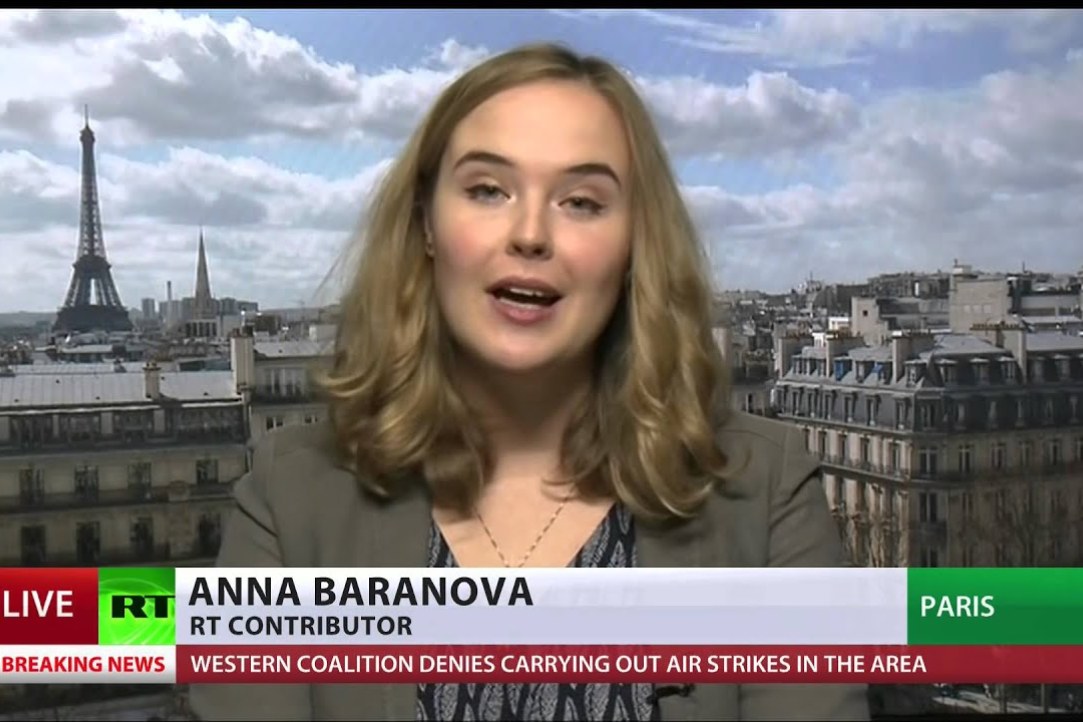Meet the teachers of the INP Programme: Anna Baranova
The admission to the INP Program has been extended till August, 16. Meanwhile, we give you a chance to meet the teachers of the program. Here’s the interview with Anna Baranova, the new media teacher and producer at RT.com

How is the current media sphere changing the traditional view of journalism?
I think things have already changed because in answering this question, I realized that I no longer understand what the "traditional view of journalism" is. Today a journalist is already an educated content creator who can create text, video, set up lighting for shooting, produce an interview, record a podcast and make up material for a website using rudimentary code.
So how is a journalist different from other content creators? She's educated, she has good speech, she knows how to use sources, and she makes sure the information is accurate.
In your opinion, how prepared do you think journalism graduates are now to work in non-standard formats like YouTube-blogging and other digital formats? And how relevant is it to teaching journalism students to do more than just work with text?
A) I'll say it again: YouTube, streaming, Twitter, and tic-tac-toe are already standard. I think graduates are prepared for working with these platforms, not because of college, but because of the digital environment they've been immersed in since childhood. Now a generation is graduating for whom social networks and creating content for them is part of the system of interaction with the world around them. I don't see the point in separating "personal" from "professional" here and if you're like a fish in water on social media, carry that skill to work!
B) Working with text is the foundation, it's working with language. The limits of my language are the limits of my world - Ludwig Wittgenstein. What does this mean? That people with different beliefs still see completely different information in the same text? That language is broader than text and that it is necessary to master the skills of emotional impact (color, sound, frame rate, perception of facial expressions). Mastery of text is the basis of any storytelling, but without the support of philosophy, psychology and linguistics, the journalist will not be able to create his own language of communication, and will be forced to always use someone else's.
Why did you choose HSE to teach modern journalism?
HSE attracts practitioners to teach, and this one always leads from the margins and the most relevant information for students.
What advice would you give to aspiring journalists?
Work hard. Learn from everyone you meet. Take responsibility for your work, your actions and your thoughts. Don't believe in "circumstances" and be creators of your life, not victims. You were late for the interview, not because the subway broke down, but because you got off too late - the next time you have to drive 3 hours, if it is important to you

